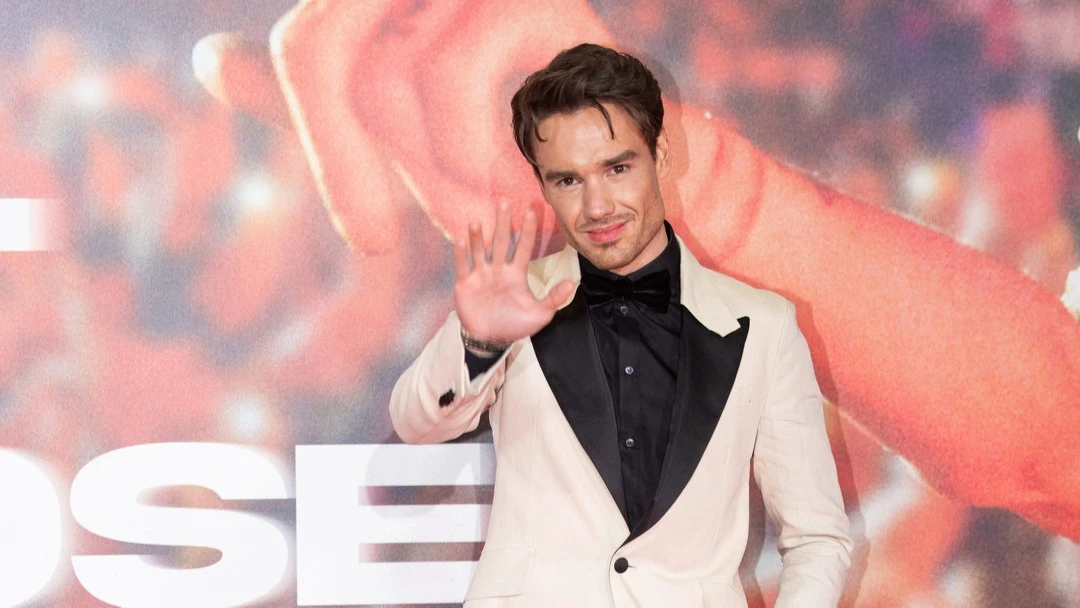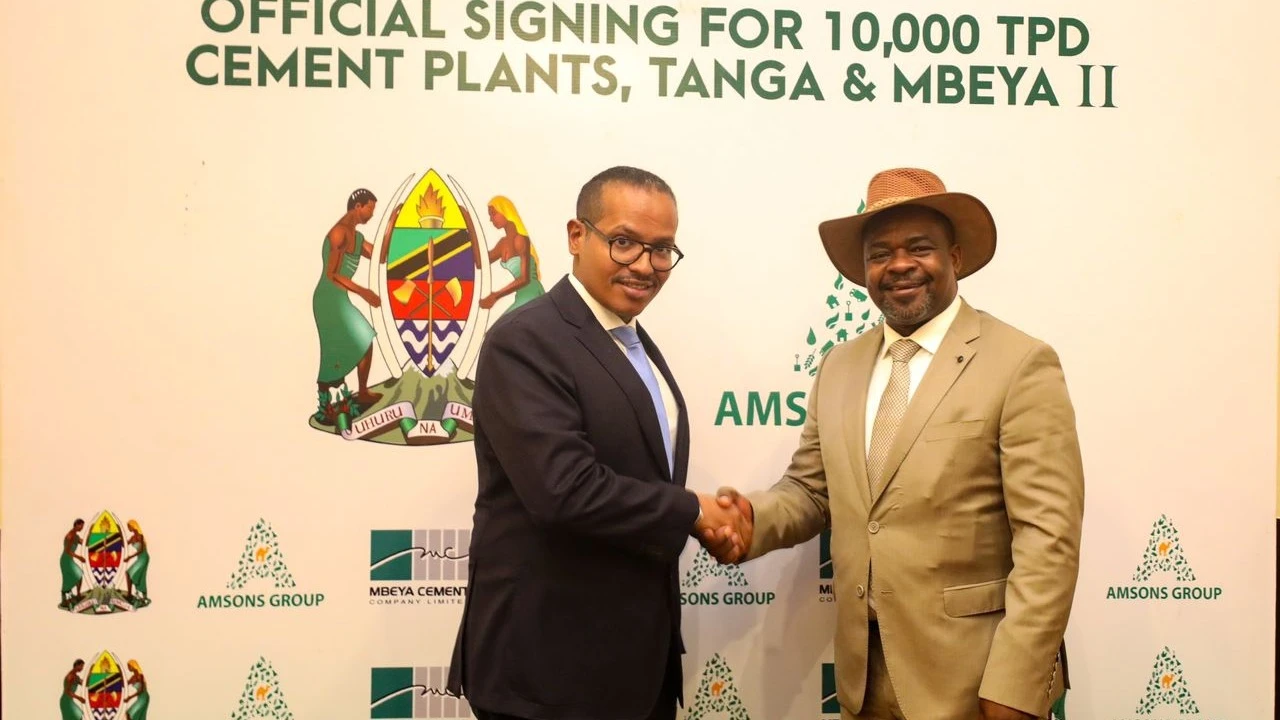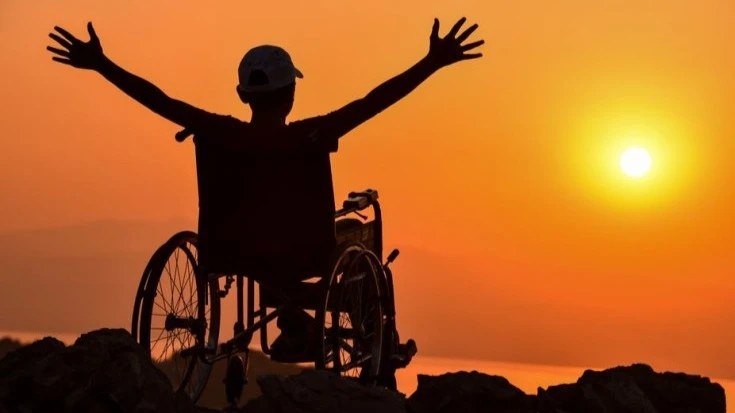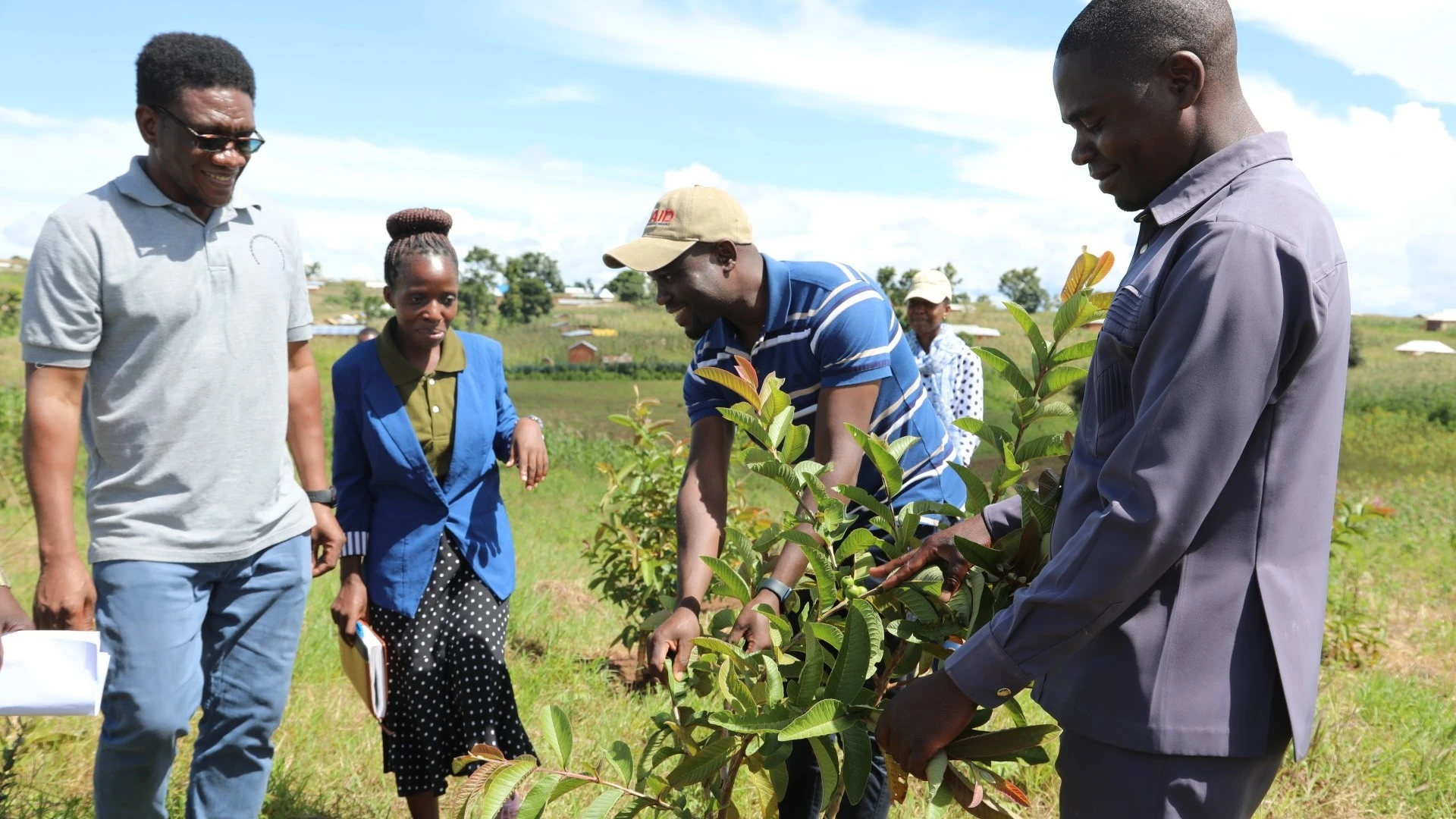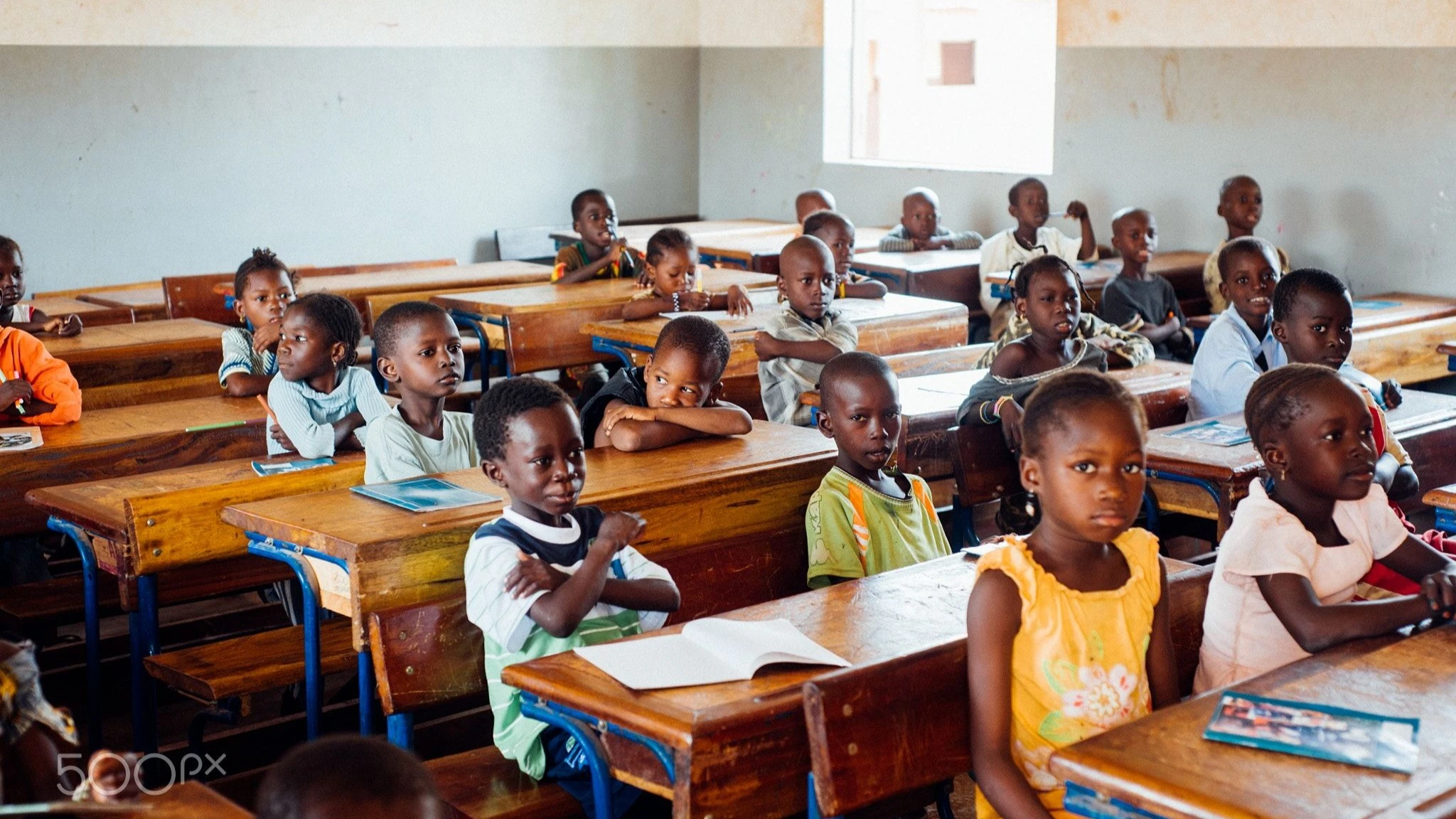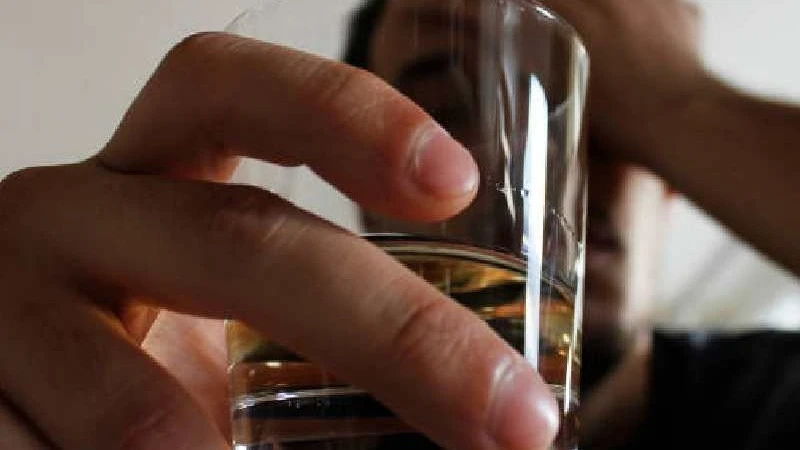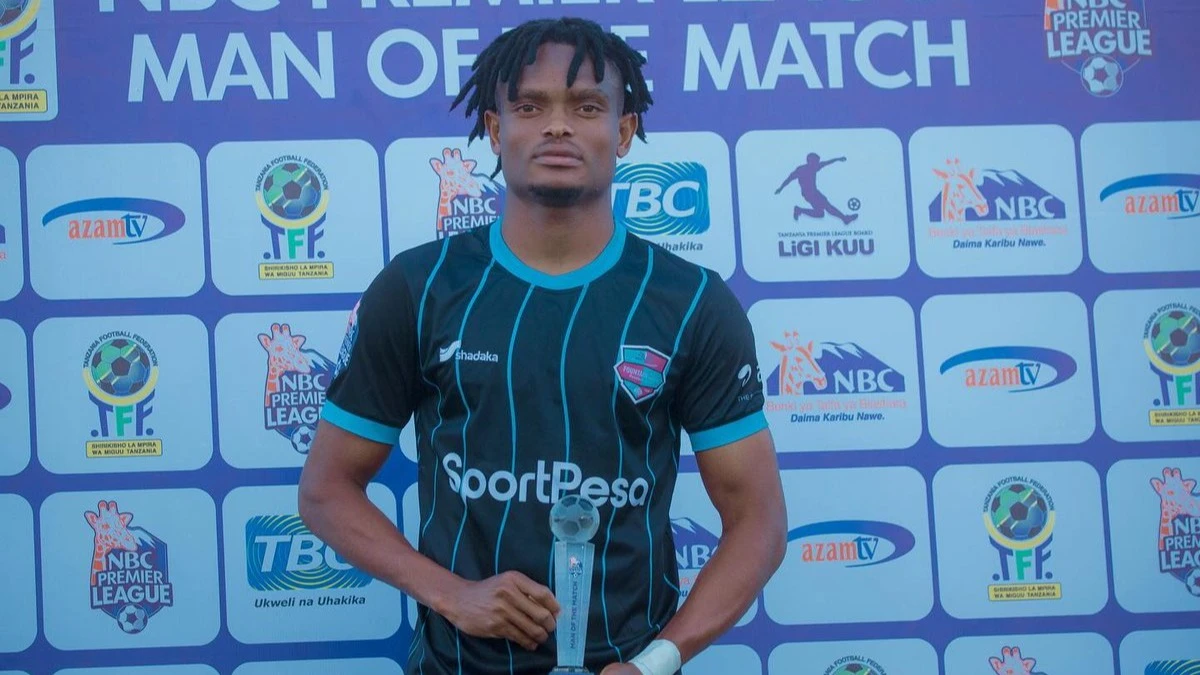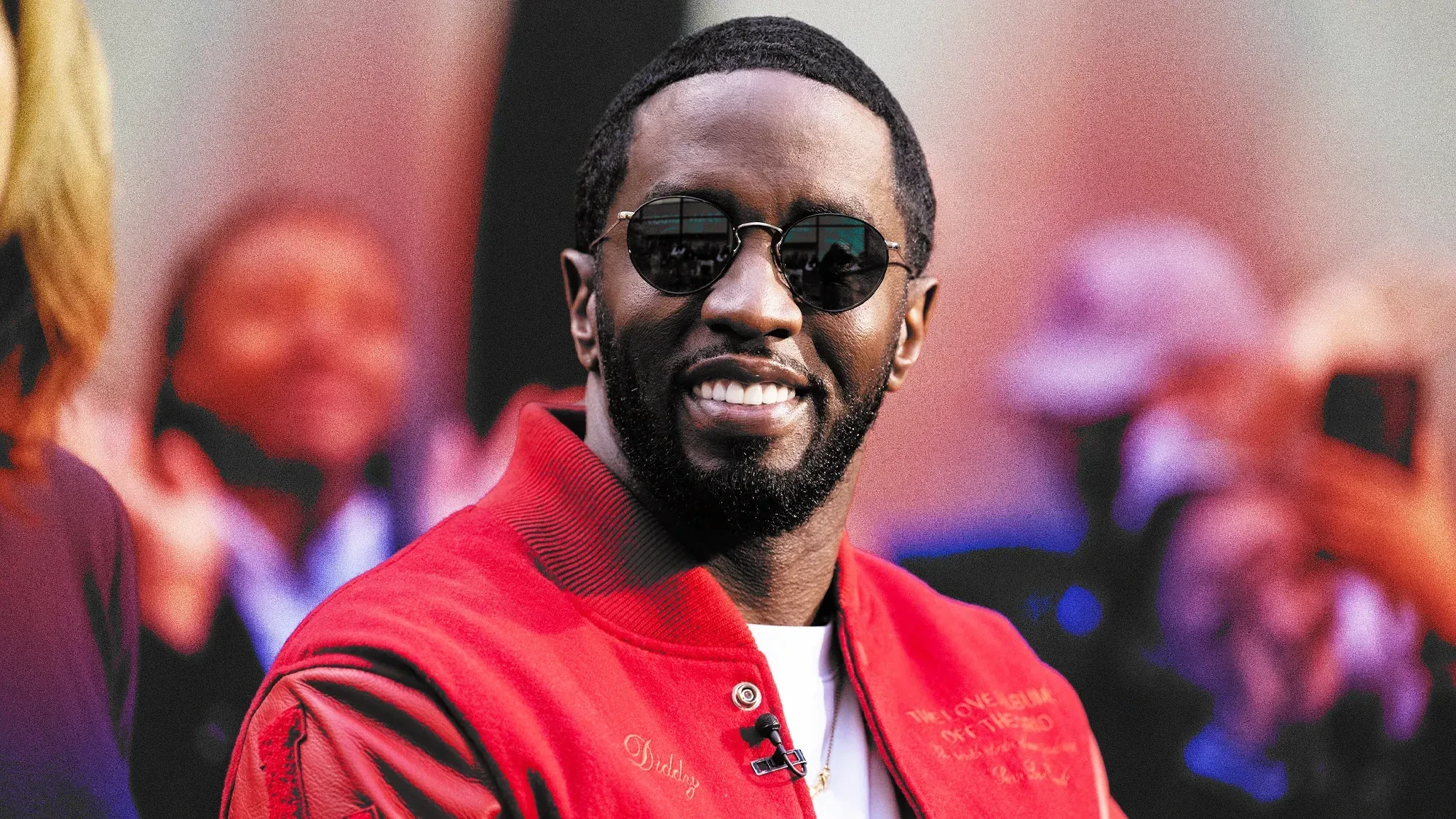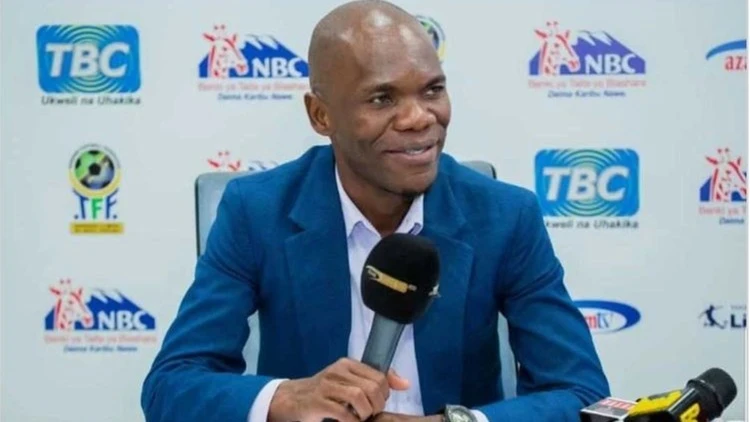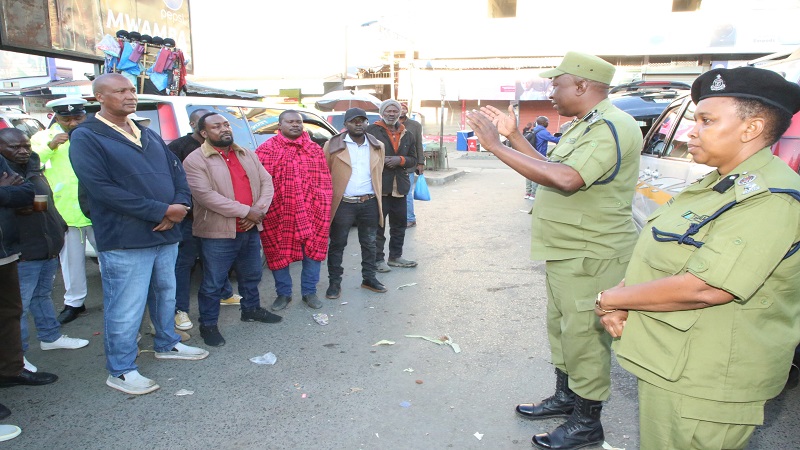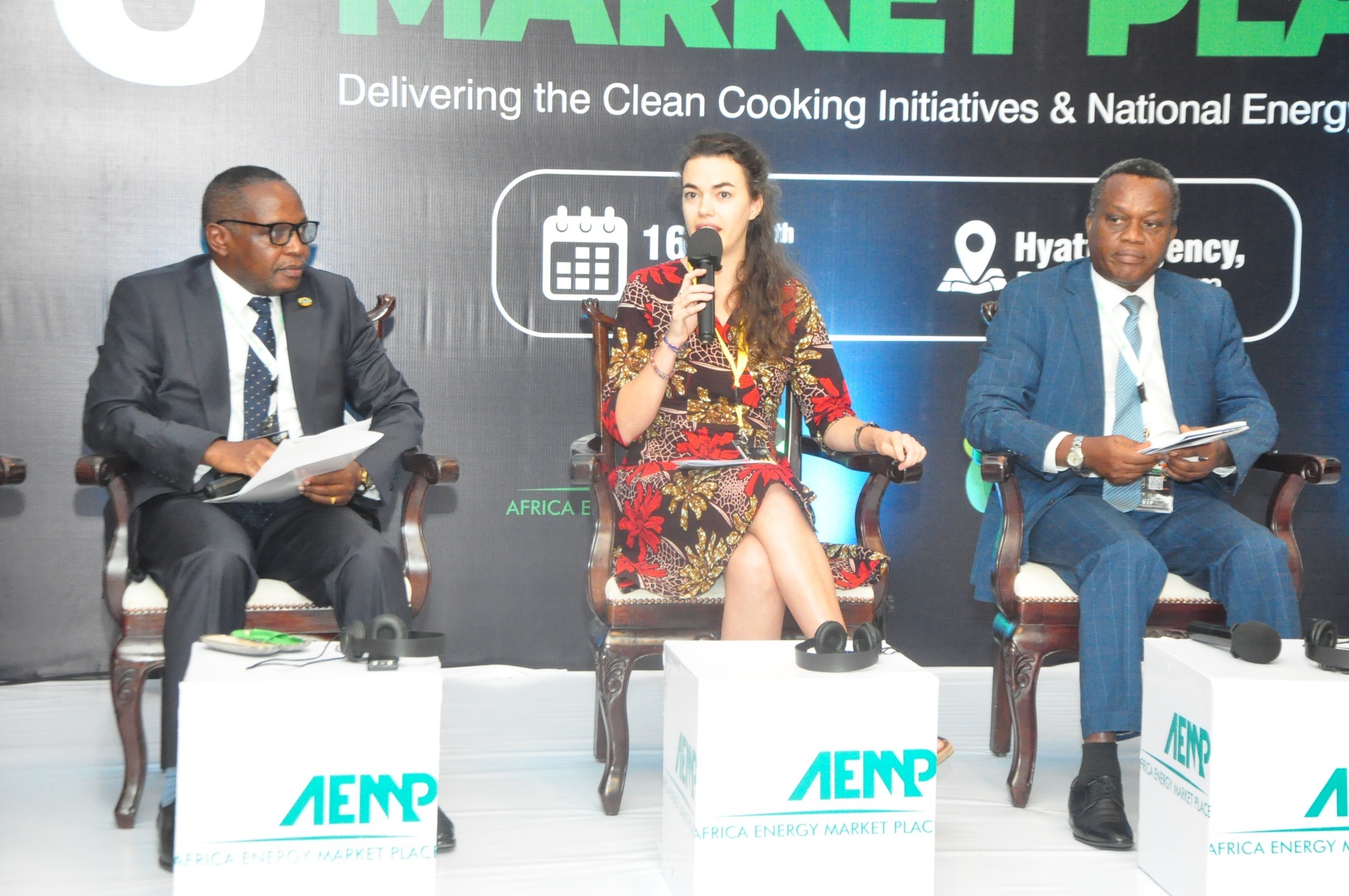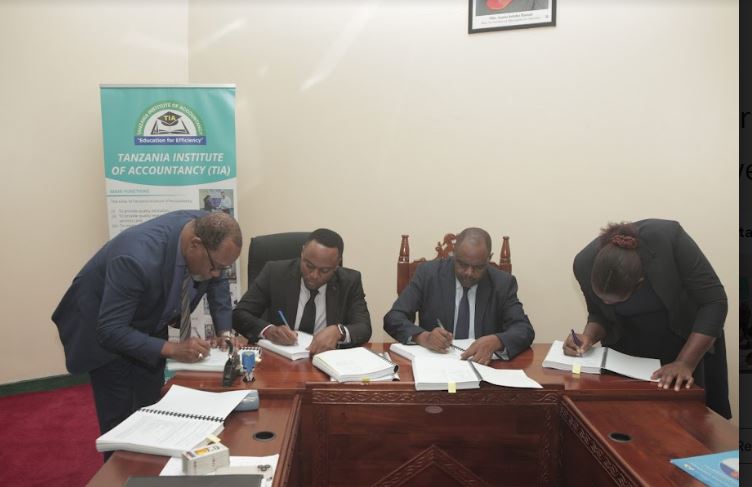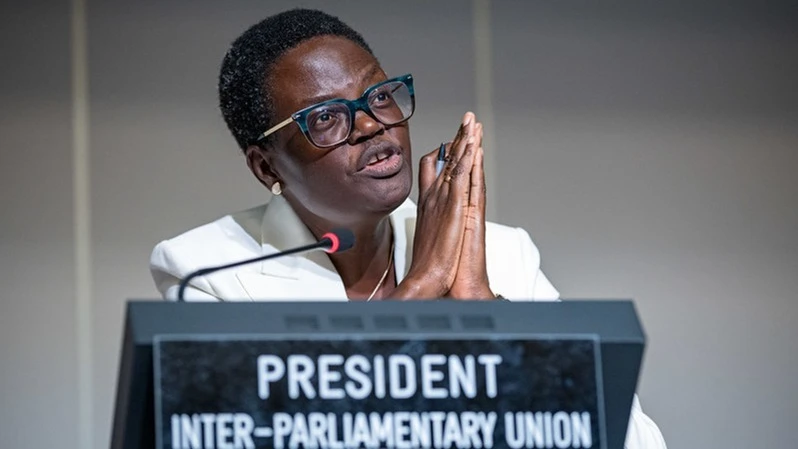Ensuring equality for PwDs in Z’bar House of Representatives
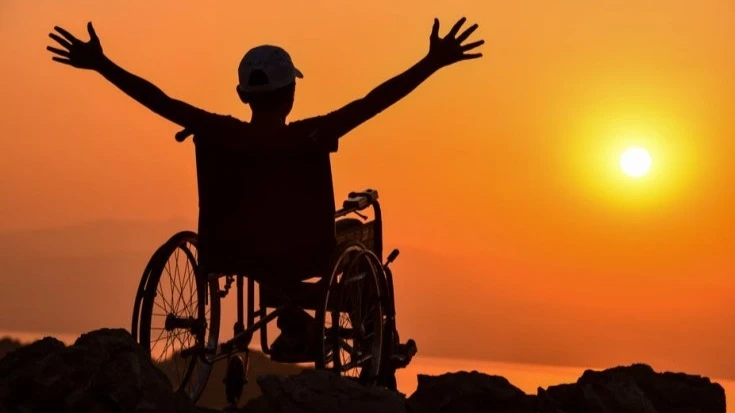
“WE want to choose our own representatives to hold them accountable. We cannot hold someone accountable whom we have not chosen; they will serve to satisfy the one who chose them, not us," says Nawaz Ahmed, an advocate with albinism who works tirelessly for the rights of people with disabilities.
Her frustration stems from the current political system, where the easiest path for people with disabilities to secure a position in the House of Representatives is through special seats.
Special Seats are reserved for individuals from specific groups, such as women or people with disabilities, and are allocated based on the percentage of votes won in the general election.
This means that the winning party decides how many positions are set aside for these groups since it’s almost impossible for individuals with disabilities to directly contest for those seats and succeed. This structure leaves little room for true representation, making it difficult to hold other elected representatives accountable.
“They end up serving the interests of those who put them in power, not the needs of people with disabilities,” Nawaz explained.
According to the 2022 Population and Housing Census, Zanzibar has a total population of 1,889,773, of which 215,434 are people with disabilities, accounting for 11.4 percent.
Statistical data from the Office of the Chief Government Statistician (OCGS) Zanzibar for 2023 indicates that there are 8,100 people with disabilities aged 0 to 65 in Zanzibar, while there are 6,843 individuals aged 15 to 65.
This is a considerable portion of the population that requires equal representation in the political sphere, especially in the House of Representatives and the Parliament. Out of 76 members of the House of Representatives, only three seats are currently occupied by people with disabilities: two from special seats held by Mwantatu Mbaraka Khamis, who represents the CCM women wing (UWT), and Aza Januar Joseph from the ruling party parent wing.
Additionally, Anna Athanas Paul, another woman with a disability, was appointed from a list of ten individuals chosen by Zanzibar President Dr Hussein Ali Mwinyi, to represent the council.
Beyond the numerous challenges, the issue of underrepresentation is more complex than just numbers; there is a pressing need to grant real access to political power for people with disabilities. The majority of individuals with disabilities are effectively shut out of the political sphere due to existing party systems that are not entirely accommodating and due to social stigmas that result in discrimination, marginalization, and exclusion. This leaves many wondering whether their needs will ever be fully addressed at the legislative level.
Salma Haji Sadat, Chairperson of the Zanzibar Women with Disabilities Association (JUWAUZA) says: “Political parties and the community are two different sides; it could be possible that the community wants to elect an individual with certain disabilities, but the party may not accept them.”
Salma emphasizes that political parties and the community must work together.
“If political parties establish a better environment for people with disabilities and the community accepts it, it will become easier for them to attain leadership positions. However, acceptance in politics remains a significant challenge that requires substantial effort to achieve,” she noted.
Ussi Khamis Debe, the Executive Secretary of the Zanzibar National Council of PWDs, urges that progress has been made, but there is still much work to be done.
“Our ministry has worked to ensure that disability communities have a voice in politics, but it is clear that more needs to happen. We need to see disabled people in constituencies, not just in special seats designated for women,” he stated.
Debe added that political parties must take proactive steps to include people with disabilities in leadership roles.
“Political parties have the responsibility to create an inclusive environment where candidates with disabilities can thrive,” he concluded.
In light of ongoing advocacy efforts, Zanzibar is known for its long history of numerous associations dedicated to advocating for people with disabilities. Each of these organizations has played a significant role in elevating the voices and demands of the disabled community in various ways. However, Adil Mohamed Ali, the Zanzibar Association of the Blind (ZANAB) coordinator believes that these associations have not yet formed a unified voice, which is necessary to bring significant pressure to the governing system, the Zanzibar Electoral Commission (ZEC), and political parties.
“The issue of cooperation among associations for people with disabilities, in my view, is lacking a unified voice,” the coordinator said.
These organizations have yet to come together to agree on this matter and recognize its potential.
“They have yet to plan how to collectively present a proposal that triggers one strong voice so that the whole system can incorporate it into policies, laws, and guidelines,” he suggested.
This perspective is particularly important in this discussion, as it highlights the broader need for systemic change in how people with disabilities are represented. Such insights emphasize the importance of establishing dedicated constituencies for people with disabilities and critically addressing the gaps in the current political framework.
In addition to the ongoing discussions around the representation of people with disabilities, perspectives from key figures shed light on the expectations for future changes. Bakar Hamad, an advocate for people with disabilities who has worked in various organizations for many years, emphasizes the importance of contesting for political posts. He suggests that media outlets should take the lead in this effort, stating that, if possible, radio, television, and social media should create special programmes to help individuals with disabilities convey their messages and campaigns without the need for direct interaction with the public.
ZECThis approach would serve as a way to leverage technology for people with disabilities and boost more representation, making it easier for them to connect and engage. Meanwhile, Sada Hamad Ali, a member of the Zanzibar Federation for People with Disabilities, voices her concerns regarding the special positions for women within the council.
“It is also the right of men with disabilities to have opportunities to enter there,” she said.
These viewpoints highlight the complexities of representation and the need for inclusive dialogue, reminding us that the quest for equity extends beyond non-disabled individuals.
Sada Hamad Ali's call for equal opportunities for women with disabilities highlights the ongoing need for true inclusivity. "It is also the right of women with disabilities to have opportunities to enter there," she said. Her statement emphasizes that efforts to include people with disabilities must consider both men and women. Equally. All stakeholders need to work together to ensure that the voices of people with disabilities are heard and their needs fully addressed.
Top Headlines
© 2024 IPPMEDIA.COM. ALL RIGHTS RESERVED











